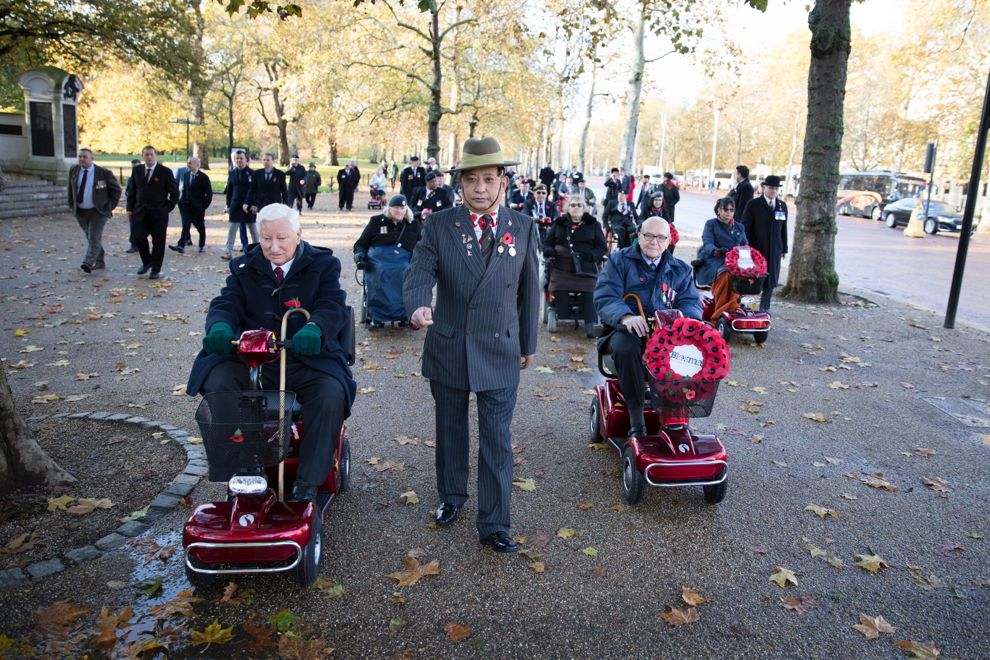Armistice Day, also known as Remembrance Day or Veterans Day in different parts of the world, is a significant occasion that commemorates the signing of the armistice and the end of World War I. On this day, nations unite to honor the bravery and sacrifice of the men and women who served in the armed forces during the war.
Origins of Armistice Day
Armistice Day originated from the signing of the armistice between the Allies and Germany on 11th November 1918. The signing of the armistice effectively halted the hostilities on the Western Front, marking the end of World War I. This historic event paved the way for peace negotiations and the eventual signing of the Treaty of Versailles in 1919.
Observance and Traditions
Armistice Day is observed on the eleventh hour, of the 11th day of the eleventh month, honouring the date and time when the armistice was signed. The day holds great significance as it symbolizes the end of the war and the hope for lasting peace.

Day Celebrations and National Service of Remembrance
Armistice Day is commemorated with solemn and respectful celebrations worldwide. Many countries, including the United Kingdom, hold national services of remembrance, where dignitaries, veterans, and the general public gather to pay tribute to the fallen soldiers.
In the United Kingdom, the National Service of Remembrance takes place at the Cenotaph in Whitehall, London, and is attended by members of the royal family, members of the armed forces, and representatives of various organizations including Blesma. .
Make A Donation to support veterans
Two Minutes of Silence and the Eleventh Hour
A significant tradition observed is the two minutes of silence. At the eleventh hour, which corresponds to the exact time of the armistice signing, people hold a period of silence to honour those who lost their lives in war.
This moment of reflection and remembrance held across the Cenotaph, war memorials, Armed Forces Memorial at the National Memorial Arboretum and church services is a powerful expression of gratitude and respect for all those who died in war.
Red Poppies and Remembrance Sunday
The red poppy flower has become an enduring symbol of remembrance. Inspired by the famous war poem "In Flanders Fields" written by Lieutenant Colonel John McCrae, the red poppy represents the sacrifice of soldiers during World War I. Many people wear Royal British Legion red poppies as a visible sign of respect and support for veterans and their families.
Remembrance Sunday, which falls on the Sunday closest to November 11th, is another important occasion where tributes are paid to the war dead.


Royal Family's Involvement
In the United Kingdom, Armistice Day holds a special place in the heart of the royal family. The first official Remembrance event happened in London 100 years ago, in November 1919, as asked by King George V.
Every year, a remembrance ceremony takes place at the Cenotaph in Whitehall, followed by a procession led by the royal family, including the monarch alongside the Prime Minister. The involvement of the royal family signifies the nation's unity and gratitude towards our servicemen and women.

We can help
We are dedicated to assisting serving and ex-Service men and women who have suffered life-changing limb loss or the use of a limb, an eye or sight. We support these men and women in their communities throughout the UK. Click the link below to find out the different kinds of support we offer.
Get Support